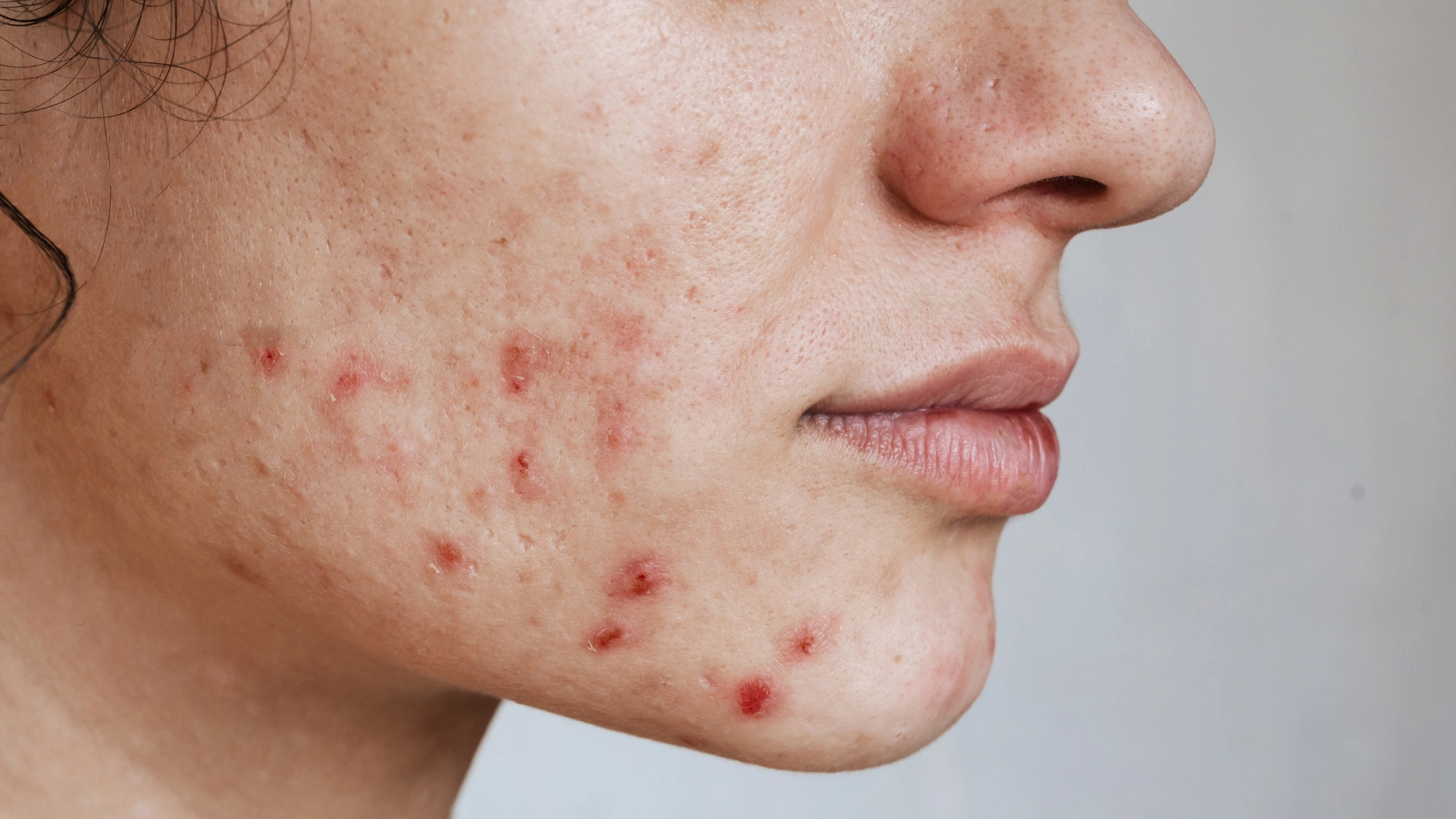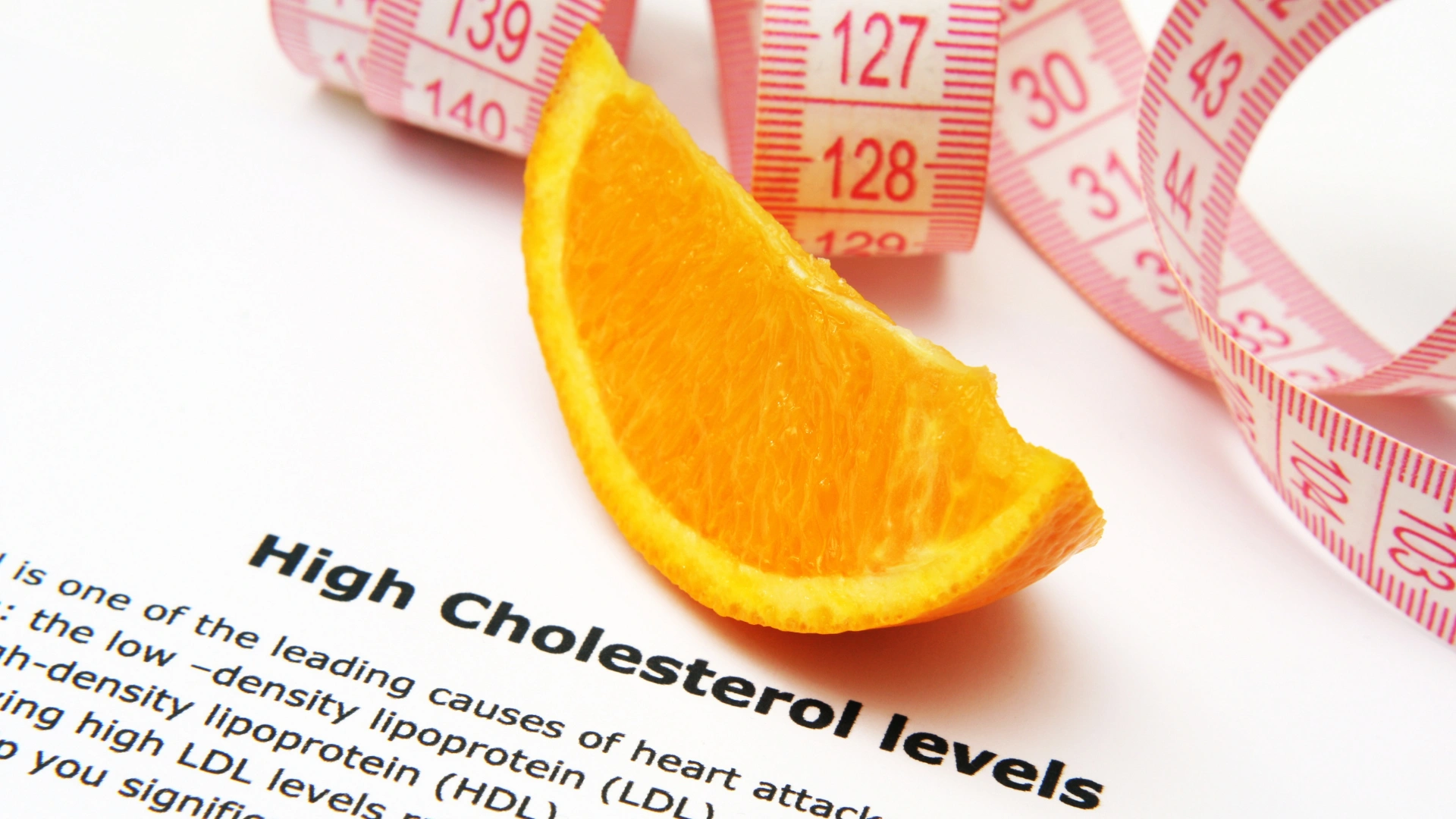
Acid reflux and GERD (gastroesophageal reflux disease) are increasingly common digestive conditions affecting millions worldwide. In the United States alone, about 20% of adults are diagnosed with GERD, highlighting the need for effective management strategies. While conventional treatments such as proton pump inhibitors (PPIs) and antacids offer relief, they often come with side effects and may not address the root causes. This growing concern has spurred interest in holistic approaches prioritizing natural, whole-body solutions.
Holistic treatments focus on managing symptoms while improving overall digestive health by addressing dietary habits, lifestyle choices, and underlying conditions. These methods often lead to long-lasting relief and improved quality of life without the dependency of conventional medications.
In this article, you will learn about the causes and symptoms of acid reflux and GERD, how holistic approaches can help, and actionable dietary, lifestyle, and natural remedies to manage these conditions effectively.
Acid Reflux and GERD: A Quick Overview
Acid reflux occurs when the lower esophageal sphincter (LES), a muscle that acts as a valve between the esophagus and stomach, weakens or relaxes inappropriately. This dysfunction allows stomach acid to flow back into the esophagus, causing irritation and discomfort. GERD is a more severe, chronic form of acid reflux where the episodes are frequent, potentially damaging the esophageal lining.
GERD can result from several factors, including:
- Poor dietary habits
- Obesity
- Smoking
- Sedentary lifestyle
Certain foods and beverages like caffeine, alcohol, and spicy or acidic foods can exacerbate the condition. Stress, pregnancy, and underlying conditions like a hiatal hernia can also contribute to the development of GERD.
The most common symptoms include persistent heartburn, regurgitation of acid or food, and discomfort in the chest area, often mistaken for cardiac pain. Less recognized symptoms include a chronic cough, hoarseness, frequent throat clearing, and a sensation of a lump in the throat (Globus sensation).
Dietary triggers such as fatty foods, carbonated drinks, chocolate, and acidic fruits can provoke symptoms. Lifestyle factors like overeating, lying down after meals, lack of physical activity, and poor sleep posture also play a role. Emotional stress can further exacerbate reflux by increasing stomach acid production.
The Holistic Approach to Acid Reflux and GERD

What Does “Holistic” Mean? The term “holistic” refers to treating the body as a whole, considering physical, mental, and emotional health. For acid reflux and GERD, this means managing symptoms and understanding and addressing factors like diet, stress, sleep, and underlying conditions. Holistic care aims to provide long-term relief and reduce reliance on medications.
Holistic treatments offer several advantages. They often have fewer side effects than conventional medications, and they help prevent complications by improving digestive function and strengthening the esophagus. Also, holistic approaches promote a healthier lifestyle and reduce triggers.
Dietary Changes for Acid Reflux and GERD
Diet plays a pivotal role in managing acid reflux and GERD. The right food choices can reduce symptoms and prevent flare-ups.
Certain foods exacerbate acid reflux by increasing stomach acid production or relaxing the LES. These include:
- Spicy foods (e.g., chili, hot sauce): They irritate the esophagus.
- Acidic foods (e.g., tomatoes, citrus fruits): These increase acidity.
- Caffeinated drinks (e.g., coffee, tea): They relax the LES.
- Fatty or fried foods: They slow digestion and increase pressure on the LES.
Incorporating soothing and anti-inflammatory foods can help manage symptoms:
- Alkaline foods: Bananas, melons, and leafy greens help neutralize stomach acid.
- Anti-inflammatory foods: Ginger, turmeric, and oats reduce irritation and inflammation in the digestive tract.
The way you eat is just as important as what you eat:
- Practice portion control to prevent overloading the stomach.
- Eat smaller, more frequent meals instead of large ones.
- Avoid eating late at night; allow at least 2–3 hours before lying down after a meal.
Lifestyle Adjustments
Lifestyle changes can significantly reduce acid reflux and GERD symptoms by addressing common triggers and promoting better digestion. Maintaining a healthy weight is essential because extra weight, especially around the abdomen, puts pressure on the stomach and weakens the LES, causing acid to back up into the esophagus. Losing weight through a balanced diet and regular exercise can alleviate this issue.
Sleep position also plays a vital role; sleeping on your left side or with your head elevated can prevent acid from flowing into the esophagus while you rest. Stress management is equally important, as stress can increase stomach acid production and worsen symptoms. Simple relaxation techniques like deep breathing, yoga, or meditation can help calm the mind and improve digestive health. Making these adjustments can significantly improve managing acid reflux and GERD.
Natural Remedies and Supplements
Natural remedies and supplements can complement dietary and lifestyle changes, offering additional relief from acid reflux and GERD symptoms. Herbal remedies like chamomile, licorice root (DGL), and marshmallow root are known for their soothing properties, helping to protect and heal the esophagus lining. Probiotics improve gut health by balancing beneficial bacteria, which can reduce inflammation and improve digestion—helpful for managing GERD symptoms.
Apple cider vinegar (ACV) is sometimes used to aid digestion, but it should be consumed cautiously and in diluted form, as its acidity may worsen symptoms in some individuals. Aloe vera juice is another popular remedy; it helps soothe the esophagus and reduce inflammation, relieving irritation caused by acid reflux. Moderation and consistency are key to achieving the best results when using any supplement or remedy.
Addressing Underlying Conditions
To effectively manage acid reflux and GERD, it’s essential to address any underlying conditions that may contribute to these problems. Poor gut health, hiatal hernias, and food intolerances often play a significant role in triggering or worsening symptoms.
Gut Health
The health of your digestive system is directly linked to how well your body manages acid reflux. An imbalanced gut can lead to increased inflammation and poor digestion. Conditions like leaky gut syndrome may contribute to GERD by weakening the esophagus lining. Strengthening gut health through probiotics, prebiotic-rich foods, and reducing processed foods can help repair the digestive tract and minimize reflux episodes.
Hiatal Hernia
A hiatal hernia, where part of the stomach pushes through the diaphragm, can exacerbate GERD symptoms by weakening the LES. While this condition may require medical attention in severe cases, natural methods like diaphragmatic breathing exercises and maintaining a healthy weight can help manage it. Avoiding heavy lifting and wearing loose clothing around the abdomen can also reduce pressure on the hernia.
Food Intolerances
Undiagnosed food intolerances, such as sensitivities to gluten or dairy, can cause chronic irritation and digestive discomfort, contributing to acid reflux. Identifying and eliminating trigger foods through an elimination diet or food sensitivity testing can significantly reduce symptoms. Maintaining a food diary to track symptom patterns is an effective way to identify potential intolerances.
Exercise and Physical Activity
Regular physical activity is an essential part of managing acid reflux and GERD. Exercise helps maintain a healthy weight, reducing pressure on the stomach and lower esophageal sphincter (LES), which can prevent acid backflow. Low-impact activities like walking, yoga, and swimming are particularly effective, as they improve digestion and reduce stress without straining the abdominal muscles.
However, high-intensity exercises or activities that involve bending or lying flat may worsen symptoms and should be approached cautiously. Aim for at least 30 minutes of moderate exercise most days to promote better digestion and overall well-being.
Alternative Therapies

Alternative therapies can provide additional relief for acid reflux and GERD by addressing physical and emotional triggers holistically.
- Acupuncture: This therapy involves inserting fine needles into specific points on the body to improve energy flow. Some studies suggest acupuncture may help reduce GERD symptoms by improving digestion and reducing stress.
- Chiropractic Care: Misalignments in the spine can sometimes impact nerve function related to digestion. Chiropractic adjustments may help alleviate pressure on the diaphragm and support better LES function.
- Aromatherapy: Essential oils like peppermint or ginger can aid digestion and provide a calming effect. However, oils like peppermint should be used cautiously, as they may relax the LES in some individuals. To minimize risks, opt for inhalation or diluted topical application rather than ingestion.
These therapies should be used alongside other holistic measures for the best results.
When to Seek Professional Help
While holistic treatments can provide significant relief, certain symptoms of GERD or acid reflux may require professional medical attention. Seek help if you experience severe or persistent symptoms, such as difficulty swallowing, frequent vomiting, unintentional weight loss, or chest pain that may be mistaken for a cardiac issue. These could signal complications like Barrett’s esophagus, esophageal strictures, or even esophageal cancer.
Additionally, if symptoms do not improve after trying dietary changes, lifestyle adjustments, and natural remedies, it’s essential to consult a healthcare provider. Early intervention can prevent the progression of GERD and reduce the risk of long-term damage to the esophagus.
Final Words
Managing acid reflux and GERD doesn’t have to rely solely on conventional medications. Holistic treatments comprehensively address symptoms and root causes, offering lasting relief through dietary changes, lifestyle adjustments, and natural remedies. By understanding your body and making mindful choices, you can regain control of your digestive health and improve your overall quality of life. Always monitor your symptoms and seek professional guidance when necessary, ensuring a balanced approach to treatment.









